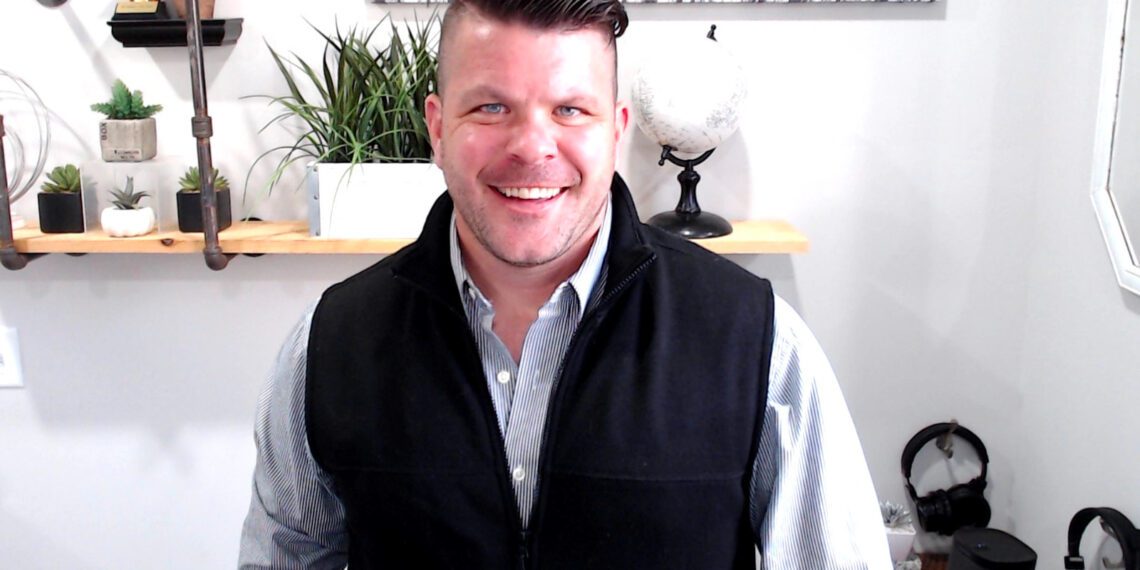Success didn’t come easy to Jim Larsen and, belonging to a middle-class family, opportunities weren’t handed to him on a plate. However, somewhere along the journey of self-development, he mustered enough belief in himself to work towards fulfilling his dreams and start building a career in business.
Being stuck with a poverty mindset for so long made him believe that success will always be unattainable. Another negative mindset that he was stuck with was an ‘All-or-nothing’ mindset. He admits that nobody enforced this thought process into his mind but it somehow ended up inside his head anyway. Whether it came from a good place that wanted him to perform better or if it came from a competitive place that always wanted him to stay on top of things, the consequences were not as expected at all. It not only affected his professional life but his personal life as well.
Moreover, he shares a personal experience of his life that played a significant role in helping him overcome this mindset. At the end of college and into early adulthood, Jim was a competitive runner and marathoner. Going to work after sprinting 15 miles was nothing for him and had become a part of his daily routine. In the evenings, he used to bartend and serve tables. At that time he had relatively fewer responsibilities because he wasn’t married and didn’t have children. He started considering his daily run as an accomplishment rather than an activity he enjoys. Being so fulfilled with the sense of gratification that came with completing a run, he got convinced to believe that if he doesn’t at least run a 6 miler then it isn’t worth doing anything at all that day.
Jim could only keep up with this unrealistic ultimatum for some time. As his life progressed, the burden of responsibilities increased with it. He got married, had kids, and had an entire business to take care of. He didn’t always have the time or energy to go run 6 miles which was so demotivating for him that he decided to do nothing instead. He eventually gained weight and no longer enjoyed running because he had made the activity too demanding and his joints weren’t as strong as they used to be anymore.
Consequently, the all-or-nothing mindset had ruined a hobby for him. Soon he noticed that the same mindset started affecting his professional life as well. That is when he had to learn to shut it down immediately because his business would not have survived the loss incurred by unproductive days.
“Anything that moves you forward is better than doing nothing,” says Jim Larsen. Hence, we need to learn to separate our self-worth from our performances. We can’t beat ourselves up for not being perfect every second of every day. If we can’t achieve certain goals we shouldn’t consider it as the end of the world rather focus on our strengths to stay motivated.








